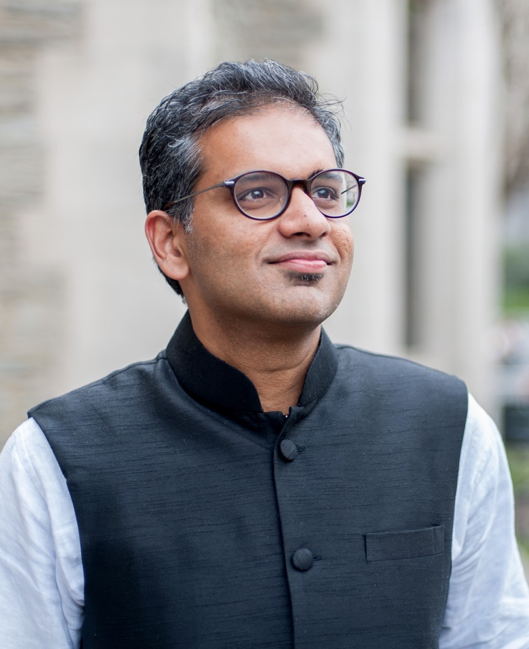Teren Sevea is a historian of religion in South and Southeast Asia at the Department of South Asia Studies, at the University of Pennsylvania. He is the author of a book entitled Miracles and Material Life: Rice, Ore, Traps and Guns in Islamic Malaya, and has co-edited a volume entitled Islamic Connections: Muslim Societies in South and Southeast Asia. He is also the author of number of book chapters and journal articles pertaining to Indian Ocean networks, Sufi textual traditions, Islamic sex manuals and socioeconomic significance of spirits, that have been printed in journals such as Third World Quarterly and Modern Asian Studies.
Teren Sevea
Wolf Humanities Center Penn Faculty Fellow
2019—2020 Forum on Kinship
Teren Sevea
Assistant Professor of South Asian Studies
Embodying Kinship: Tiger Children of ‘Ali in the Malay world
This project focuses on communities of saints who cultivated and embodied a peculiar form of Islamic or ‘Alid kinship in parts of the early modern and modern Malay world. Embodying tigers and tigresses, these men and women were venerated amongst widespread followers as the living descendants (keturunan), kin (keluarga), children (anak) and forms (surat; bentuk) of ‘Ali and Fatimah. This project will introduce these men and women who were not patrilineal descendants of ‘Ali and Fatimah through bloodlines, but instead more ‘real’ descendants and kin of ‘Ali and Fatimah. Unlike the more ‘common’ descendants of Muhammad, ‘Ali and Fatimah (sayyid; sayyidah), who claimed lineage through patrilineal bloodlines, these tiger saints were the ‘real children’ (anak sebenarnya) of ‘Ali and Fatimah since they had acquired their parents’ physical bodies, hyper-fertile organs and bodily fluids, through extraordinary ascetic practices.



